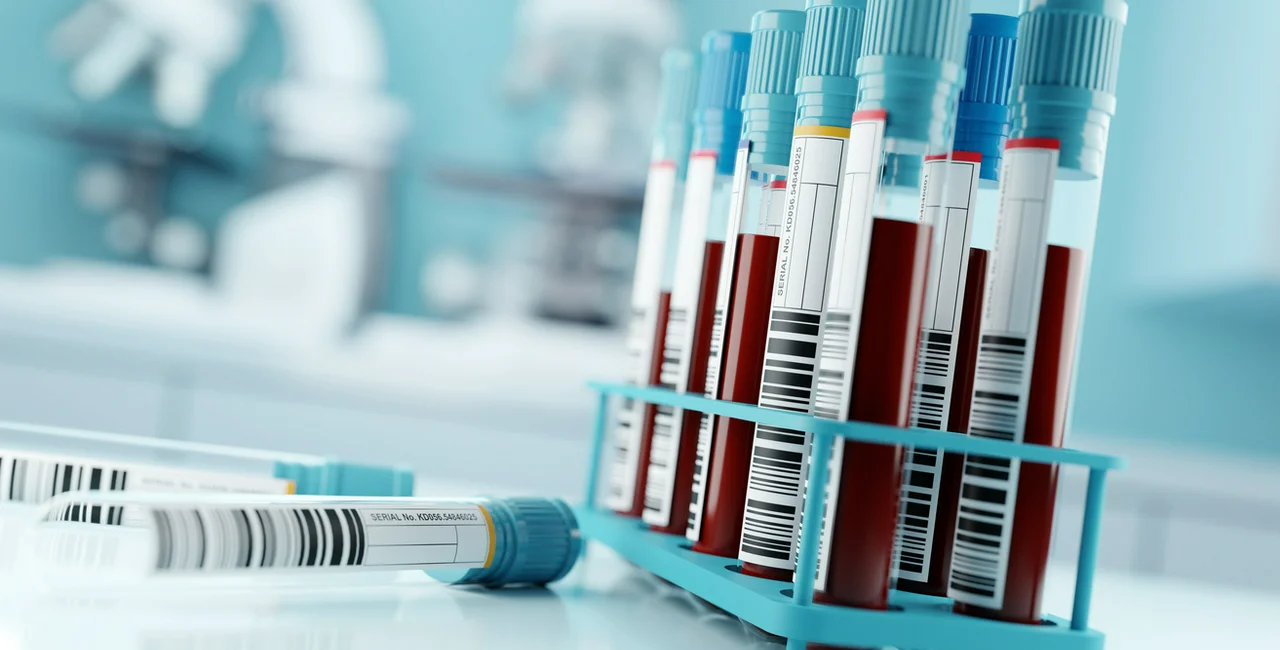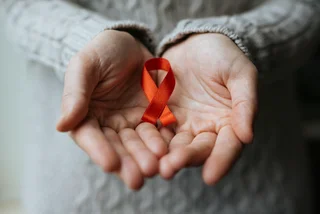The Czech Health Ministry is proposing more thorough background checks of blood donors in order to protect against potential transmissions of HIV and hepatitis.
The ministry wants to follow the path of the EU’s western states, who inspect in more detail for any possible (unwelcome) contamination in donors’ blood.
Tackling HIV rates
The planned changes focus on stronger testing of blood for HIV, and hepatitis B and C. If passed in parliament, it will take effect in July, and cost health insurers up to an extra CZK 135 million per year.
Marta Marešová, head of the reference laboratory at the Centre for Epidemiology and Microbiology of the State Institute of Health"The types of transmission modes are changing in connection with the growing proportion of foreigners with long-term residence, among whom heterosexual transmission is predominant"
Reasons why people cannot donate blood
At present, men who have sex with other men are excluded from blood donation for six months due to their "higher risk of acquiring HIV infection," according to Health Ministry spokesman Ondřej Jakob. Those with underlying health conditions or illnesses (such as heart disease) are also unable to give blood.
"Sexual orientation or nationality, race, political affiliation, religion or gender in itself is not a reason for exclusion from blood donation in the Czech Republic, not even temporarily," Jakob told ČTK. He added that the reasons are exclusively such factors that may endanger the blood recipient and are assessed based on epidemiological data.
According to the Czech Red Cross, there are about 250,000 regular blood donors in the Czech Republic – with about 50,000 more being needed.
"The aim of introducing these tests is to increase the safety of transfusion products in the field of infectious diseases transmitted through blood transfusion and thus increase safety for patients as recipients," the ministry's explanatory document writes.
According to data from the National Reference Laboratory for HIV/AIDS, there were 292 new cases of HIV in Czechia last year – the highest yearly number since 1985 when the statistics were launched – and 66 in the first quarter of 2023.












 Reading time: 2 minutes
Reading time: 2 minutes 




























